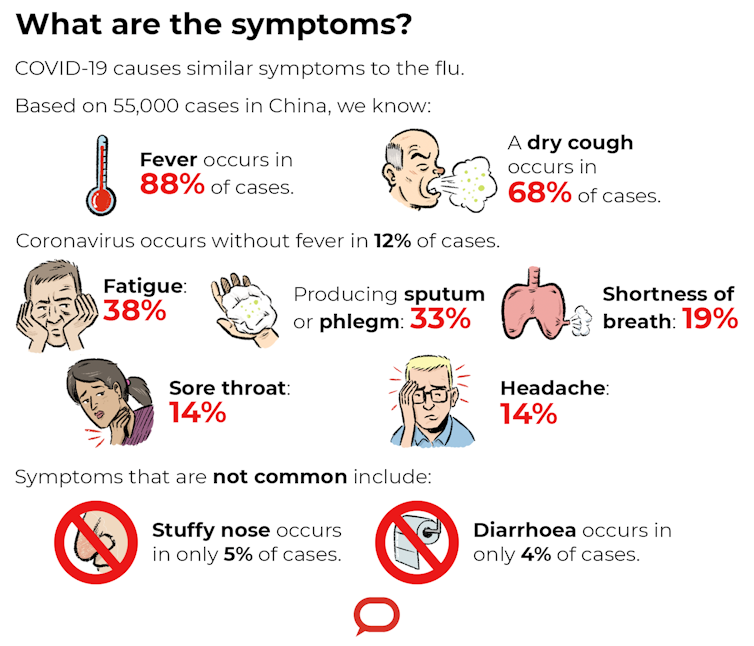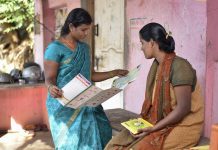The NSW-Victorian border will be closed as of midnight Tuesday this week, the NSW and Victorian premiers have announced, in an effort to limit the spread of COVID-19.
The announcement comes amid a resurgence of COVID-19 cases in Victoria, which has returned several postcodes to Stage 3 Stay-At-Home restrictions and instituted a “hard lockdown” in at least nine Melbourne tower blocks.
In a press conference on Monday morning, NSW Premier Gladys Berejiklian said people seeking an exemption to the temporary border closure will be able to apply through the Service NSW portal.
It’s good exemptions are available – but it’s crucial these options are not abused. The exemption option is there for people who really need it but please don’t treat it as a challenge.
We all have a shared responsibility to do all we can to limit the spread of COVID-19. That means staying home if unwell, practising physical distancing where warranted, washing hands diligently and getting tested if you have any COVID-19 symptoms.

What we know about exemptions to the border closure
In her press conference, Berejiklian said
Tomorrow midnight is when all Victorians will be prevented from coming across the border unless they have a permit […] The next 72 hours will be difficult, for some people who normally travel across the border for their daily lives will be restrained until we get the permit system in place and we hope that will happen in the next two days.
When asked about people who already had flights or train trips booked, Berejiklian said
There will always be exemptions due to hardship cases, people can apply for permits or exemptions. And so, for those reasons, we anticipate there will still be some flights and trains services available. There will also be NSW residents returning home […] we will be relying on them to self-isolate.
In the same press conference, NSW Police Commissioner Mick Fuller said:
it will be difficult, not impossible, but difficult to make that crossing. There will be delays whilst we work through who are essential workers.
Victorians in NSW would be allowed to return to Victoria, the ABC reports. A NSW government press release said “NSW residents returning from a Melbourne hotspot are already required to go into 14 days of self-isolation. This requirement will be extended to anyone returning from Victoria. This will be backed by heavy penalties and fines.”
Victorian Premier Daniel Andrews said:
There will be a facility for people who live on those border communities to be able to travel to and from for the purposes of work, the purposes of the essential health services they might need… [but holidays would] not be an acceptable reason.
Infectious diseases clinicians and researchers in my field realise this will be frustrating for many people, especially as it comes during school holidays. But the risk of cross border transmission is very real.
Please don’t treat the border closure as a challenge, or seek exemption unless you have a very good reason to do so. Many of us will miss out on much-anticipated family catch-ups and events; it is sad but necessary, unfortunately. Any cross-border movement increases risk and we all have a responsibility to do what we can to minimise it. It’s not even a law enforcement issue; it’s about doing what’s right.
Everyone feels frustrated but moving across the border right now really does magnify risk and we risk losing control.
It’s possible to have trivial or even no symptoms but still be capable of spreading COVID-19.
Don’t dismiss it as ‘just a cough’
Australians have a culture of soldiering on when sick and dismissing symptoms as “just a cough” or “just a runny nose”. We really need to change that mindset and make sure we get tested if we have any symptoms at all, and physically distance from others.
The key messages are to wash hands and if you’re at all unwell, cover your cough and face, stay home, self-isolate and get tested.
Testing in Australia is phenomenally available. We are so lucky to have such great testing facilities so easily accessible and we should avail ourselves of them.
The risk is if we don’t observe the border closures sensibly, minimise spread and test appropriately we will do excessive damage to the economy or lose control of the outbreak – or both.![]()
Jon Iredell, Professor, Medicine and Microbiology (conjoint), University of Sydney
This article is republished from The Conversation under a Creative Commons license. Read the original article.














